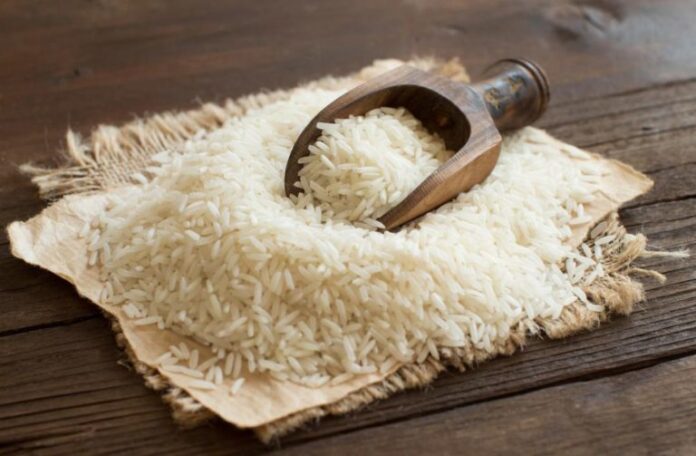ISLAMABAD: Following a significant reduction in the prices of sugar and wheat, the prices of different varieties of rice have also witnessed a 20pc drop mainly due to an appreciation of Pakistani Rupee and reduction in international demand.
Although the reduction in rice prices comes as a relief for local consumers, growers and exporters seemed little concerned about the development.
“There has been a tradition in the market that whenever the value of dollar rises, traders increase the price of rice. The price hike earlier this year was in anticipation that rupee will further devalue against dollar. But the recent declining trend in the value of dollar has caused a reduction in the prices of rice,” said Taufiq Ahmed Khan, a leading exporter of rice.
Another factor that contributed to reduction in prices was the penetration of Indian rice in the international market; product of neighboring country is being sold at comparatively lower prices. “When India, which produces the same varieties of rice, dumps the product in the international market, it takes time for Pakistan to adjust the price,” said the exporter.
Besides, Khan said, lower demand of rice in the global market, where the product was largely exported during the initial months of Covid-19 pandemic, also caused a reduction in domestic market prices.
It may be noted that rice importers, in a bid to store food items in the wake of Covid-19, had ordered larger volumes of the product. In the next few months, the demand in international market is likely to remain stagnant.
As per market sources, the price of rice-old (1121) has come down from Rs5,800 per 40kg to Rs5100 per 40kg, witnessing a reduction of Rs700. Similarly, the price of super rice-old has decreased from Rs5,200 per 40kg to Rs4,000 per 40kg.
The price of sella rice (1121) has reduced by almost Rs500 per 40kg.
Likewise, the price of 386 rice, a popular non-basmati variety, has decreased from Rs3,000 per 40kg to around Rs2,700 per 40kg, whereas paddy prices have declined by Rs200 per 40kg.
Owing to the sudden drop in prices, growers fear that they may not be able to get a return “even for their input cost” this season.
“We had good production of basmati rice this year owing to an increase in cultivation area as well as per acre yield, but availability of carryover stock from the last season has caused exporters to take precautions, resulting in less orders from the EU countries,” a grower informed this scribe.
Paddy (super), which opened at Rs2,400 per maund last year, is being traded at Rs2,000-2,100 per maund this year, while Kainat (1121), which opened at Rs2,200-2,300 per maund last year, is currently being traded at Rs1900-2000 per maund this year.
Growers, middlemen and other stakeholders have urged the government to allow Pakistan Agricultural Storage and Services Corporation (PASSCO) or the Trading Corporation of Pakistan (TCP) to purchase paddy or rice so that the prices can be lifted to a suitable level.




